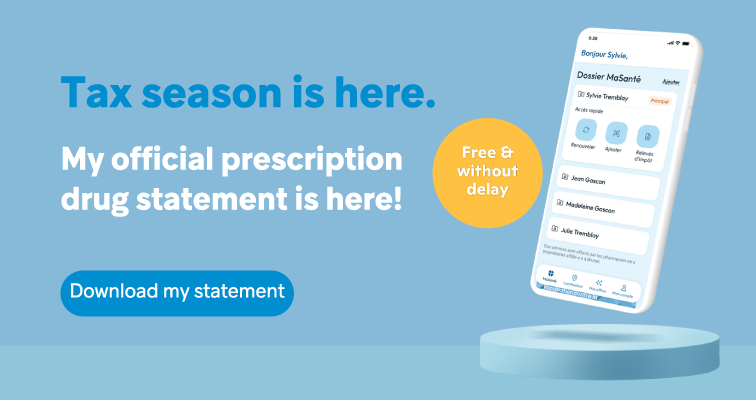Description

This medication is typically used for the treatment of Alzheimer's disease. It requires a few weeks to take effect.
Instructions
This medication is typically used only once a day. However, your pharmacist may have suggested a different schedule that is more appropriate for you. Important: Follow the instructions on the label. Do not use more of this product, or more often, than prescribed.
It must be used regularly and continuously to maintain its beneficial effects. Be sure to keep an adequate supply on hand. The capsule of this medication should not be opened, crushed or chewed.
If you forget a dose, simply skip it and then take the next dose at the regularly scheduled time. Do not double the next dose to catch up. It is preferable to take this medication with a meal or a snack in order to reduce side effects.
Side Effects
In addition to its desired action, this medication may cause some side effects, notably:
- it may decrease your appetite;
- it may cause diarrhea;
- it may cause nausea or, rarely, vomiting.
- it may cause headaches;
- it may cause dizziness - use caution when getting up from a lying or sitting position and use caution if driving;
Each person may react differently to a treatment. If you think this medication may be causing side effects (including those described here, or others), talk to your health care professional. He or she can help you to determine whether or not the medication is the source of the problem.
Storage
As with most medications, this product should be stored at room temperature. Store it in a secure location where it will not be exposed to excessive heat, moisture or direct sunlight. Make sure that any leftover portion is disposed of safely.
Additionnal Information
This medication may interact with other medications or supplements, sometimes significantly. Many interactions, however, may be dealt with by a dosage adjustment or a change in medication schedule. Check with your pharmacist before using this medication in combination with any other medications (including non-prescription products), vitamins or natural products.
Blood donation is usually refused during this treatment.
General Notes
When meeting with any health professional, it is important for you to share the following information:
- Your medical history and allergies (medication, food, or other);
- If you're pregnant or want to become pregnant, or if you're breastfeeding;
- If you use tobacco or cannabis or its derivatives, or if you use recreational drugs;
- The names of all the medications you take, whether you take them regularly or once in a while, including over-the-counter medications, vitamins, and natural health products.
